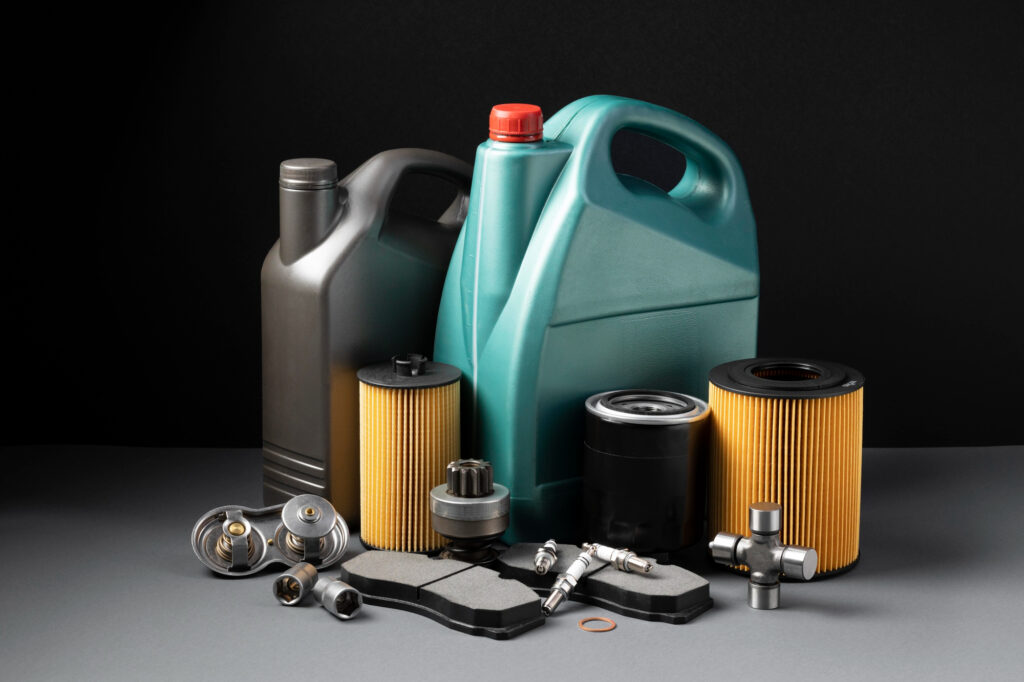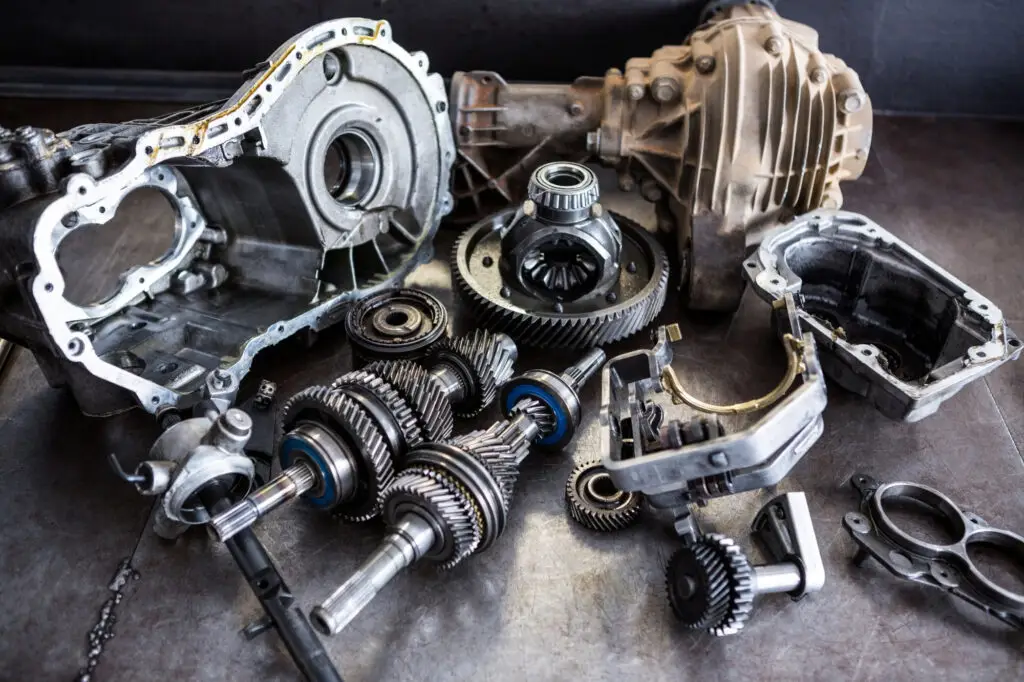
The automotive spare parts industry in Tanzania is booming, fueled by a growing number of vehicles—both new and used—on the roads. Whether you’re an entrepreneur looking to invest or a vehicle owner searching for reliable parts, understanding the market dynamics is crucial.
In this guide, we’ll explore:
- Market trends & import data
- Biggest challenges (including counterfeit parts)
- Top auto spare parts suppliers in Tanzania
- Tips for buying genuine parts
Tanzania’s Auto Spare Parts Market Trends & Import Data
Tanzania’s auto spare parts industry is a critical segment of the country’s automotive market. With over 2.5 million registered vehicles as of 2023 and a rising demand for motorization, the need for spare parts has surged. The market is heavily reliant on imports, with more than 90% of spare parts coming from China, Japan, the UAE, and India.
According to Tanzania Revenue Authority (TRA) data:
- In 2022, Tanzania imported auto spare parts worth $350 million.
- Chinese-manufactured spare parts account for about 40% of imports, while Japan follows with 25%.
- The growth in ride-hailing services and commercial vehicles has increased the demand for engine parts, brakes, filters, and suspension systems.
The second-hand spare parts market is also thriving, with parts imported from Japan and Dubai due to their affordability and reliability.
Biggest Challenges in the Industry

1. Counterfeit Auto Parts
One of the biggest threats to the Tanzanian spare parts industry is the influx of counterfeit components. Reports suggest that up to 30% of spare parts in the market are substandard or fake, often sold at significantly lower prices. Counterfeit parts can lead to:
- Frequent vehicle breakdowns.
- Increased maintenance costs.
- Serious safety risks, including brake failure and engine damage.
2. High Import Costs & Taxes
The Tanzanian government imposes import duties of up to 25% on spare parts, increasing the cost for businesses and consumers. The VAT at 18% further inflates prices, making genuine parts less affordable.
3. Lack of Regulation & Quality Control
Due to inadequate enforcement of import regulations, many substandard parts enter the market. Fake parts often bear labels of well-known brands, misleading consumers who are unaware of the differences.
Tips for Buying Genuine Spare Parts in Tanzania

With counterfeit products flooding the market, here are key strategies to ensure you buy genuine parts:
1. Buy from Authorized Dealers
Always purchase from authorized distributors or directly from the manufacturer’s recommended outlets. Reputable sellers provide warranty and certification.
2. Check for Holograms & Serial Numbers
Most genuine spare parts come with holograms, barcodes, or serial numbers. Verify these with the manufacturer’s website.
3. Compare Prices with Market Rates
If the price seems too good to be true, it probably is. Counterfeit parts are often sold at 30-50% lower than market prices.
4. Ask for a Receipt & Warranty
Legitimate spare part sellers provide receipts and a warranty period, ensuring you can return or replace defective items.
5. Consult a Mechanic Before Buying
If unsure, seek professional advice. Experienced mechanics can distinguish between original and fake parts.
Top Auto Spare Parts Suppliers in Tanzania

To avoid counterfeit parts, consider purchasing from reputable suppliers. Here are some of the top-rated spare parts suppliers in Tanzania:
Conclusion
Tanzania’s auto spare parts industry is growing rapidly, but challenges like counterfeit products and high import costs persist. To ensure vehicle safety and longevity, consumers should prioritize buying genuine parts from reputable suppliers. With the right information and due diligence, businesses and car owners can avoid substandard products and make informed purchasing decisions.











Leave a Reply